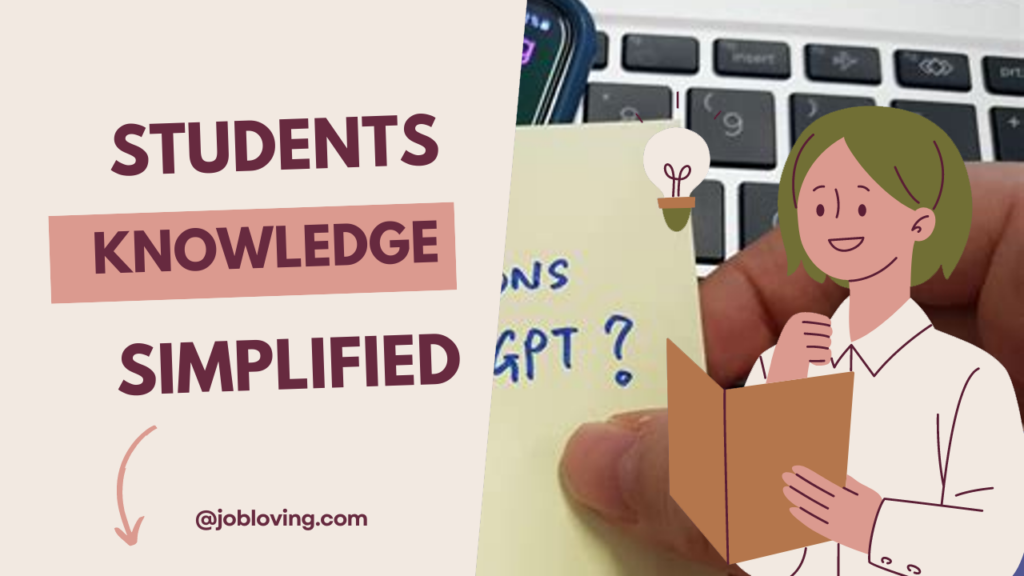As ChatGPT becomes increasingly popular among students, it’s essential to take a deep dive into its disadvantages and potential pitfalls. In the educational realm, AI tools like ChatGPT offer remarkable speed and convenience, but they also come with a set of notable challenges that can profoundly impact student learning.
One of the most significant concerns is the encouragement of academic dishonesty. With the allure of quick answers, students may turn to ChatGPT for writing assignments, risking their integrity by submitting AI-generated content as their original work. This behavior increases the likelihood of plagiarism and diminishes the development of essential writing skills. Students may find themselves adopting a passive approach to learning, where they become overly reliant on AI for solutions rather than enhancing their research and analytical abilities.
Moreover, overusing AI tools like ChatGPT can hinder critical thinking. The ease of getting a quick answer can discourage students from engaging in deep analysis or exploration of a subject, leading to a superficial understanding of complex topics. This lack of engagement can devalue their learning experiences, making it challenging for them to think independently or solve problems creatively. There’s a risk that students might misinterpret AI outputs as authoritative, which can impair their ability to critically evaluate sources and accept inaccuracies as fact.
Furthermore, when students become accustomed to the quick fixes provided by ChatGPT, they may lose motivation for traditional learning tasks. This dependency diminishes their curiosity and willingness to engage deeply with educational materials. The reliance on automated assistance can mask learning deficiencies, complicating the ability of educators to ascertain students’ understanding and progress accurately.
Another notable downside is the potential for bias in the responses generated by ChatGPT. Since the model is trained on data that may reflect societal biases, students can inadvertently be exposed to skewed information. This risk is particularly concerning in areas that require equitable representation, hindering the quality of discourse and understanding present in educational environments.
Additionally, ChatGPT’s generalist approach means that students might miss out on tailored educational experiences. The technology often struggles with multitasking and can generate irrelevant or misleading responses, resulting in frustration for students who seek nuanced or targeted information.
Finally, the use of ChatGPT can create disparities in learning experiences, especially for those without reliable access to the technology. This uneven academic playing field could affect overall performance, emphasizing the need for educators to adopt robust protocols to ensure a fair and effective learning environment.
In this evolving landscape, it becomes increasingly crucial for students to balance their use of AI tools like ChatGPT with traditional learning methods. By fostering an understanding of the ethical implications and the importance of critical engagement with content, students can harness the positives while being mindful of the challenges that lie ahead. As educational institutions grapple with these transformations, ongoing discussions will be vital in navigating the intricate relationship between AI and education, ensuring that the focus remains firmly on student development and success.
What are the long-term implications of students relying on ChatGPT for their academic work?
Long-term reliance on ChatGPT can lead to diminished critical thinking and problem-solving skills, as students may become accustomed to seeking quick answers rather than engaging deeply with the material. This over-dependence can hinder their ability to analyze complex topics and develop independent research skills essential for future academic and professional success.
How does the use of ChatGPT affect students’ understanding of academic integrity?
The use of ChatGPT raises significant concerns about academic integrity, as it can encourage plagiarism and dishonest practices. Students may struggle to recognize the ethical implications of submitting AI-generated content as their own work, leading to a lack of accountability and a misunderstanding of the importance of original thought in their academic pursuits.
In what ways can ChatGPT impact the quality of student writing and creativity?
ChatGPT’s assistance can lead to a homogenization of writing, reducing individual voice and creativity. Students may find it challenging to articulate unique perspectives and develop their writing skills, as they might rely on AI-generated content instead of engaging in the creative process themselves.
What challenges do educators face in integrating ChatGPT into the learning environment?
Educators face the challenge of adapting assessment methods to account for AI-generated content, ensuring academic integrity while fostering essential skills in students. They must also navigate the balance between leveraging AI tools for educational enhancement and maintaining the interpersonal dynamics crucial for effective learning.

